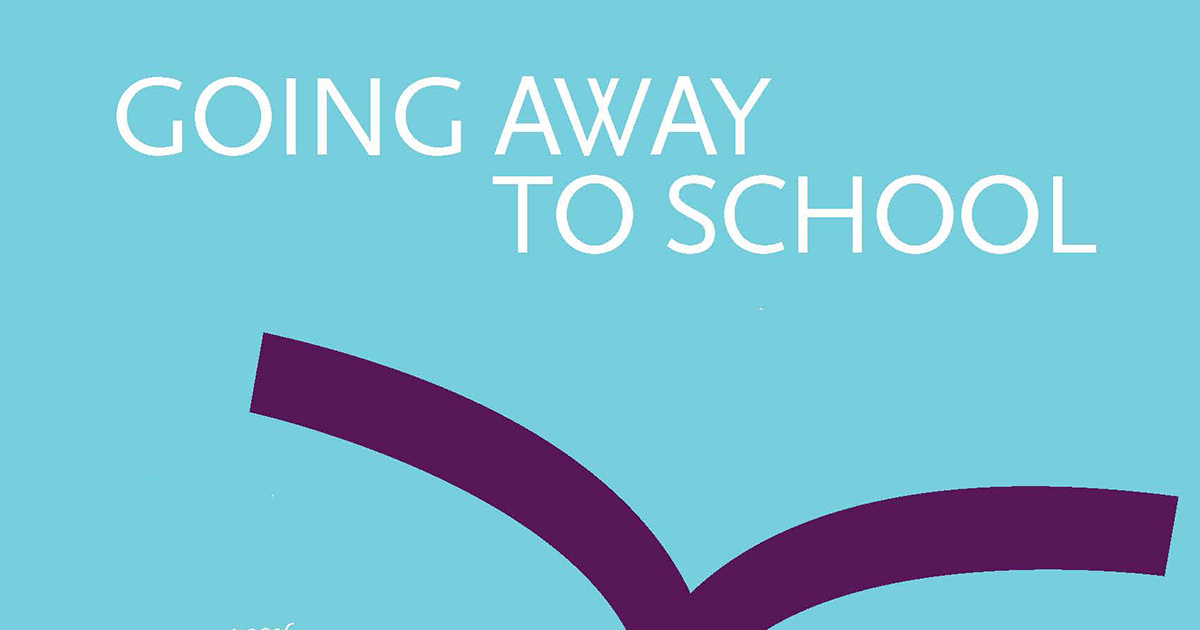The SEED Foundation

Overview
Economic and labor-market changes over the past three decades have dramatically reduced the availability of well-paying jobs for workers without postsecondary education. And yet one in four high school freshmen do not graduate in four years, and many who do complete high school are poorly prepared for college. These trends are particularly pronounced in urban areas and among students from low-income and underserved families. For many of these disadvantaged students who face overwhelming barriers to success at home and in their communities, the typical school reforms and enhancements (after-school programs and extended school hours, for example) are not sufficient.
The SEED Foundation provides innovative educational opportunities that prepare underserved students for success in college and beyond. SEED currently operates three college-preparatory boarding schools in Maryland, Florida, and Washington, DC, that serve students in grades six through twelve. The schools provide a 24-hour learning environment by integrating academic instruction, postsecondary counseling, life-skills training, social-skill development, and various other support services, such as counseling and mentoring. Students live at the SEED schools during the week and return home on the weekends. The SEED evaluation will explore the impact of the model on the academic and other outcomes of young people offered an opportunity to attend a SEED school.
This project was funded by the federal Social Innovation Fund (SIF), a public-private partnership designed to identify and expand effective solutions to social challenges. The Edna McConnell Clark Foundation, a SIF grantee, is leading a SIF project in collaboration with MDRC and The Bridgespan Group to identify proven programs that can help low-income young people become productive adults.
Additional Project Details
Agenda, Scope, and Goals
The SEED evaluation consists of an impact analysis and an implementation study. The primary goal of the evaluation is to understand the effect of being offered an opportunity to enroll in a SEED school on student achievement and student engagement, measured through students’ scores on state standardized seventh-, eighth-, and tenth-grade math and English Language Arts exams and students’ four-year high school graduation rates. The evaluation will also measure effects on college aspirations, attitudes toward college, risky behaviors, and key youth development indicators.
To provide context for the findings of the impact analysis, the implementation study will examine how the integrated academic-boarding model is put into practice. It will also explore student demographics and service usage, and the alternative services available to the program’s target population.
Design, Sites, and Data Sources
The SEED evaluation focuses on the foundation’s school in Washington, DC, the first of the SEED schools to open its doors. The impact analysis will take advantage of historical student application data from SEED DC to identify sets of students who won or lost lotteries for SEED and create the equivalent of experimental treatment and control groups for six cohorts of students (2007 to 2012 lottery participants). The key data sources for the evaluation will include school records, standardized test scores, a student survey, interviews with staff members and students, and classroom observations.






